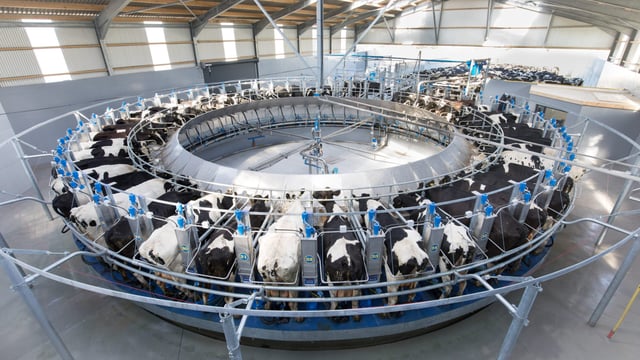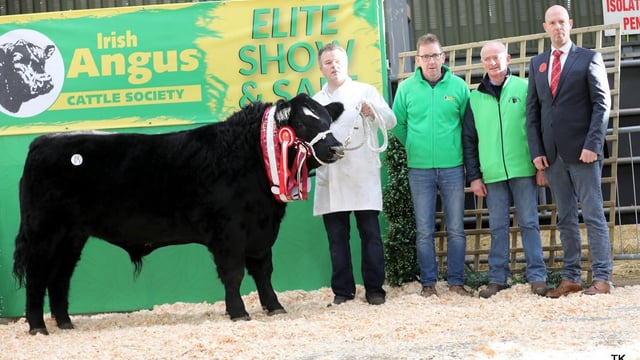GLAS payments 'come at a vital time following a most difficult year'
The roll-out of the Green Low-Carbon Agri-Environment Scheme (GLAS) payments to 33,000 participants has been welcomed by the Irish Farmers’ Association’s (IFA’s) rural development chairman, Joe Brady.
However, Brady said: “It is important that the remaining 16,000 GLAS participants are also paid without delay.”
The IFA rural development chairman reminded the farmers who have yet to submit documentation related to: nutrient management plans; commonage plans; rare breeds; and low emissions spreading to send it in “immediately, or risk having their payment delayed”.
This 85% advance payment, worth €116m, is coming at a vital time with farm incomes under severe pressure following this most difficult year.
Brady concluded by saying: “The Minister for Agriculture, Food and the Marine, Michael Creed, must address any outstanding issues related to 2016 and 2017 GLAS payments, as well as ensuring that the final 15% for 2018 is paid out as soon as possible.”
Farmers combating of climate change
In other IFA news, the farm-lobby group has called for the Government to back the farming community in its contribution to climate action, by drawing up a list of steps it believes should be taken.
The five-step plan should, the IFA says, offset further carbon taxes, which the association claims hurts farmers economically, while not actually lowering climate emissions.
Among the steps laid out is the establishment of a “cross-sectoral implementation group” to deliver on Teagasc’s climate abatement report from June.
The IFA also wants the Government to work with the European Union to bring in a carbon tariff on goods from South America, which are “less climate efficient” – this, it hopes, will “incentivise carbon efficient food production”.
Thomas Cooney, IFA Environment Committee chairman, said: “This detailed submission to Government restates the IFA’s opposition to further carbon taxes on the sector, which are directly impacting on farming’s competitiveness without reducing climate emissions.
“Farmers in Ireland have a proud record as carbon efficient food producers. We can and will do more, particularly in the resource efficiency and renewable areas,” he concluded.





